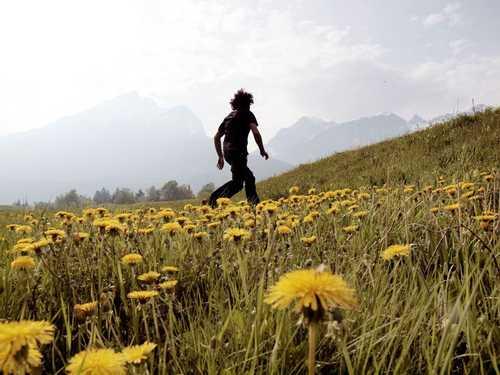Why Walking Helps Us Think
Curated from: newyorker.com
Ideas, facts & insights covering these topics:
4 ideas
·5.31K reads
6
Explore the World's Best Ideas
Join today and uncover 100+ curated journeys from 50+ topics. Unlock access to our mobile app with extensive features.
The connection between walking and thinking
- Walking changes our chemistry. The heart pumps faster, circulating more blood and oxygen to all the organs and the brain.
- Walking promotes new connections between brain cells and increases the volume of the hippocampus (a brain region essential for memory)
- Walking elevates levels of molecules that stimulate the growth of new neurons and transmit messages between them.
284
1.84K reads
Walking linked with creativity
The way we move our bodies changes the nature of our thoughts. When we stroll, the pace of our feet fluctuates with our moods. We can change the pace of our thoughts by deliberately walking faster or by slowing down.
While we walk, our attention is free to wander. Studies have linked this mental state to innovative ideas.
234
1.12K reads
Where we walk matters
Studies suggest that spending time in green spaces can renew the mental resources that get depleted in man-made environments.
A crowded intersection provides numerable and immediate stimulations for the mind, but a walk in a park allows our mind to drift casually from one sensory experience to another.
230
1.06K reads
The relationship between walking and writing
Walking organizes our world around us. Writing organizes our thoughts.
In a forest, our brain must survey the surrounding environment, make a mental map of the world, choose a way forward and create that plan into a series of footsteps. In writing the brain has to review its own landscape, find a way through that mental terrain, and write down the resulting trail of thoughts.
234
1.28K reads
IDEAS CURATED BY
Preston 's ideas are part of this journey:
Learn more about problemsolving with this collection
How to set boundaries to protect your energy
How to cultivate positive energy
Why rest and recovery are important
Related collections
Similar ideas
5 ideas
Does walking build muscle?
livescience.com
9 ideas
The Benefits of Walking Your Dog
vcahospitals.com
9 ideas
How to Think Like a Genius
wikihow.com
Read & Learn
20x Faster
without
deepstash
with
deepstash
with
deepstash
Personalized microlearning
—
100+ Learning Journeys
—
Access to 200,000+ ideas
—
Access to the mobile app
—
Unlimited idea saving
—
—
Unlimited history
—
—
Unlimited listening to ideas
—
—
Downloading & offline access
—
—
Supercharge your mind with one idea per day
Enter your email and spend 1 minute every day to learn something new.
I agree to receive email updates

